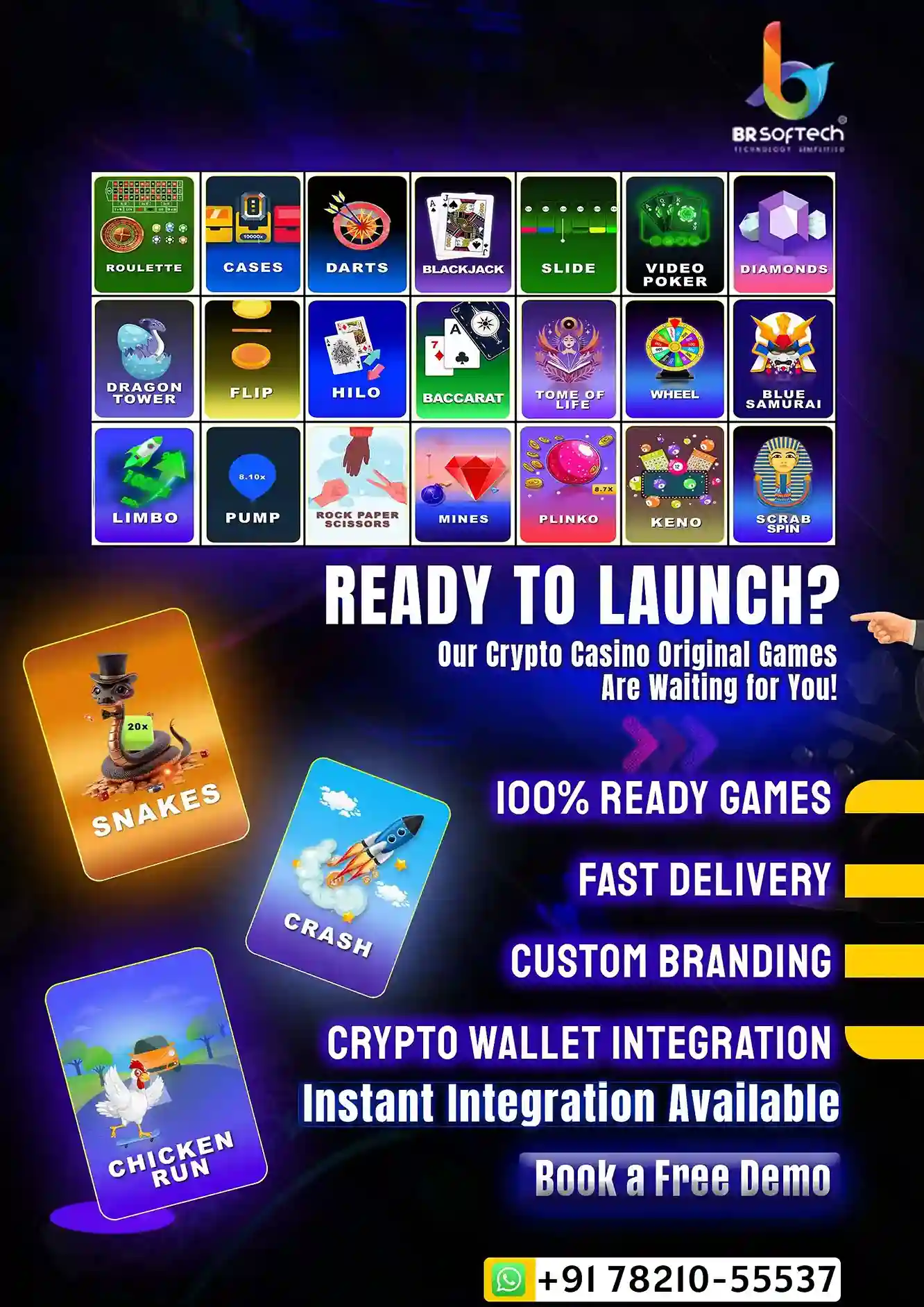Technology has had a significant impact on multiple sectors, and the gaming industry has been one of the most affected. From innovative hardware, including powerful GPUs and VR headsets, to software updates and improved connectivity options, these developments have made gaming more visually appealing, engaging, and available to global audiences. In this article, we look at how technology has influenced gaming.
Advancements in Gaming Hardware
The rapid development of gaming hardware has significantly enhanced the gaming experience. GPUs have evolved to deliver more powerful and efficient operations, pushing the visual quality of game titles forward and supporting detailed environments and realistic textures.
Virtual Reality (VR) and Augmented Reality (AR) technologies are essential in producing highly immersive gaming experiences. VR headsets offer an entirely immersive entry into a game world, providing a 360-degree view, which reacts in real time to the player’s every movement. On the other hand, AR projects virtual elements onto physical reality, whether at home or out about, bringing games into the real world. These technologies are constantly refined to provide more intuitive interactions and greater comfort, and as prices drop, they’re reaching larger audiences.
There have also been considerable advancements in console technology, for example, through the adoption of Solid-State Drives (SSDs). SSDs allow for much faster loading times and a smoother gameplay experience, allowing developers to create bigger and richer gaming worlds with minimal loading interruption.
Online Casinos and Gaming
Online casinos are one of the best examples of how technology can change the way we play games. Poker is just one example of this phenomenon. Not long ago, people had to gather in person to play this popular card game, whether that be at a land-based casino or a friend’s house. All of that changed when poker went digital with the introduction of online casinos. While brick-and-mortar establishments still attract many customers, online platforms have allowed poker to reach a wider audience. People don’t have to be professional to enjoy these websites. Many platforms make it possible to learn poker, providing users with online materials about everything from hand rankings to rules.
Random number generators are one of the most important parts of online casinos, assuring fair play and unpredictable results, just like in land-based casinos. Live dealer games have also become popular, allowing players to watch a live feed of the game as it unfolds. In live dealer games, human dealers engage in real-time actions, creating an engaging atmosphere that replicates the land-based casino experience. Thanks to mobile technology, gamers can take this experience with them wherever they go.
The Rise of Online Gaming Platforms
Thanks to online gaming platforms, multiplayer gaming has now crossed geographical boundaries. With technology, it is possible to participate in mass multiplayer online games (MMOs) and cooperative playing, where thousands of players can interact in the game world in real time. This has turned game-playing into a social experience and led to the development of large online communities.
Cloud gaming is changing the game. No longer is high-end hardware required for users to play AAA titles; instead, this technology allows one point of access for all devices, which is made possible through streaming game content directly from servers. Global technology companies such as Tencent have made it possible to play high-quality games on almost any device, lowering costs and making gaming more accessible to everyone.
The growth of esports as a global phenomenon is yet another example of the power of online gaming platforms. With streaming technology and dedicated online platforms, esports has turned competitive gaming into a spectator sport, attracting millions of sponsorships. Esport has provided a professional path for gamers who can now strive to be the best in their field.
Social Aspects of Modern Gaming
One way in which technology has significantly altered the social dimensions of modern gaming is by combining social networks with games. Features such as voice chat, team-based gameplay, and integrated social media sharing all contribute to a sense of community purpose among players. This community creation can extend outside the game itself through forums, social media, and other online platforms. Here people talk, fans create fan content, and support each other, all of which help create vibrant, engaging gaming communities.










